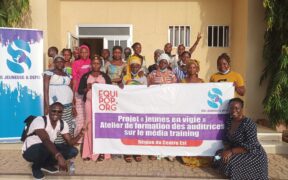Home
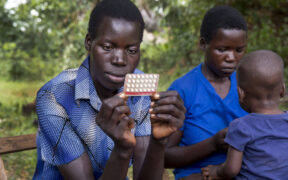
To fill a gap in resources on how to effectively develop health policy, Samasha partnered with USAID’s PROPEL Health project to create a how-to guide on Uganda’s self-care policy development process that other countries may use to inform their own policy development processes.

Knowledge SUCCESS East Africa KM Champion, Fatma Mohamedi, recently shared how she has used the knowledge management training modules in her organization's work in providing health education to people living with disabilities in Tanzania.
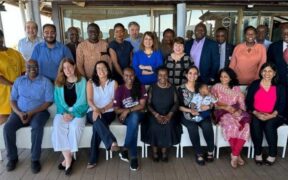
A Call to Action for stakeholders to join forces to advance PPFP and PAFP was launched in December 2023. To provide a deeper understanding of the events and insights that led to this action, Knowledge SUCCESS interviewed key members of the coalition behind it. This post highlights the pivotal moments in their collaboration, lessons learned along the way, and a glimpse into what the future holds.
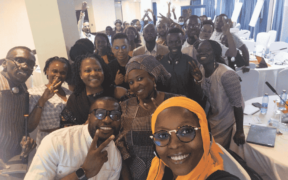
Knowledge SUCCESS a accueilli une cohorte bilingue de Learning Circles avec les points focaux jeunesse du FP2030 de l'Afrique de l'Est et du Sud (ESA) et de l'Afrique du Nord, de l'Ouest et du Centre (NWCA). En savoir plus sur les connaissances acquises lors de cette cohorte axée sur l'institutionnalisation des programmes de santé sexuelle et reproductive des adolescents et des jeunes.

Knowledge SUCCESS hosted a bilingual Learning Circles cohort with FP2030 Youth Focal Points from the East and Southern Africa (ESA) and North, West and Central Africa (NWCA) Hubs. Learn more about the insights uncovered from that cohort focused on institutionalizing adolescent and youth sexual and reproductive health programs.
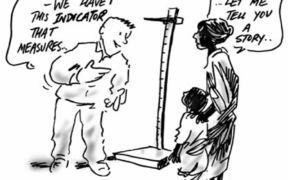
The Most Significant Change (MSC) technique—a complexity-aware monitoring and evaluation method—is based on collecting and analyzing stories of significant change to inform adaptive management of programs and contribute to their evaluation. Based on Knowledge SUCCESS’s experience with using the MSC questions in four evaluations of knowledge management (KM) initiatives, we have found it to be an innovative way to demonstrate the impact of KM on the ultimate outcomes that we are trying to achieve—outcomes like knowledge adaptation and use and improved programs and practice.
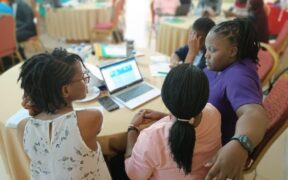
Knowledge SUCCESS applies a systems perspective to our KM capacity strengthening work. Learn about what the project found during a recent evaluation on how our work has strengthened KM capacity and improved KM performance among FP/RH stakeholders in Asia and sub-Saharan Africa.
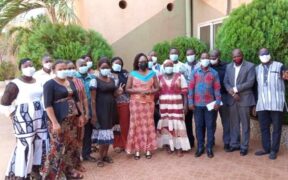
Knowledge SUCCESS conducted an assessment of how knowledge management was integrated into Costed Implementation Plans in five West African countries. The findings revealed multifaceted ways that KM contributes to stronger FP/RH outcomes and more efficient use of limited resources.


